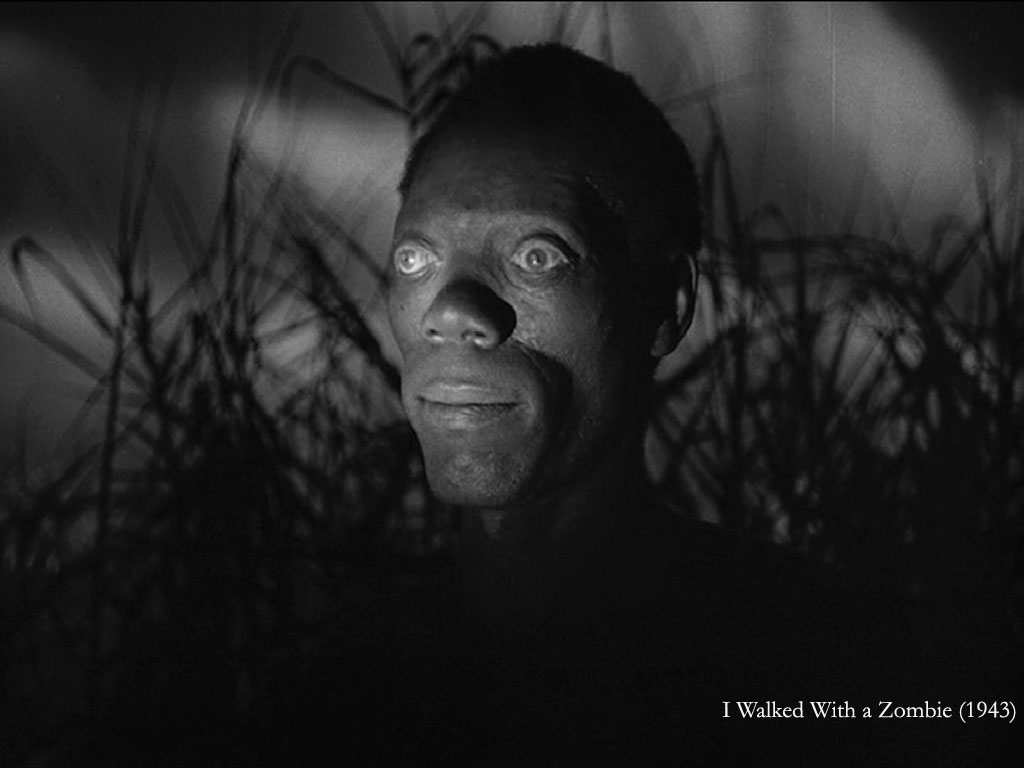Black horror has undergone a profound transformation over the decades, evolving from marginal representation and stereotypical portrayals to a celebrated genre that explores the complexities of racial identity, history, and social issues through the lens of horror. The documentary Horror Noire offers an insightful historical overview and serves as a pivotal point for understanding the evolution of black horror from its early days to its current state.
Origins and Early Representations
The journey of black horror begins in an era where African American characters in horror films were either invisible or relegated to roles that reinforced negative stereotypes. Early films rarely featured black characters, and if they did, these characters were typically servants, sidekicks, or comic relief, devoid of any depth or significant narrative influence. This trend persisted well into the mid-20th century, reflecting broader societal attitudes towards race and diversity.
The Blaxploitation Era
The 1970s marked a significant shift with the emergence of the Blaxploitation genre, which, despite its controversial aspects, allowed black actors to take on lead roles in horror movies. Films like Blacula and Ganja & Hess were pioneering, portraying black protagonists with agency and complexity. However, these films were double-edged swords; they introduced black heroes and heroines but often did so within frameworks that relied on exploitation tropes.
The Impact of Horror Noire
Horror Noire, a documentary released in 2019, critically examines the history of black horror, providing a narrative that connects the past with the present. It highlights how black filmmakers and audiences have used the horror genre as a means to express cultural fears and critique social injustices. This documentary has been instrumental in educating viewers and reshaping perceptions about the role of African Americans in horror films.
Renaissance in Black Horror
The late 2010s witnessed a renaissance in black horror, sparked by Jordan Peele’s Get Out (2017). This film was a watershed moment, utilizing the horror genre to address the real-life horrors of racism. Peele’s success opened the door for more stories that explore the black experience through horror, with films like Us (2019) and the anthology series Lovecraft Country (2020), which blend supernatural elements with historical and contemporary racial themes.
Themes and Innovations
Contemporary black horror films and series have expanded their thematic range, tackling issues such as generational trauma, systemic racism, and identity. These works often weave psychological horror with social commentary, using the genre to highlight and discuss the horrors that African Americans have faced and continue to face. Moreover, the aesthetic and narrative techniques in these films are innovative, combining traditional horror elements with culturally specific motifs.
Future Directions
The evolution of black horror continues as more filmmakers enter the field, bringing new perspectives and stories. The success of films like Candyman (2021), a direct sequel to the 1992 film that delves deeper into the themes of racial violence and memory, indicates a growing appetite for black horror narratives that are both entertaining and thought-provoking. The genre is also seeing more female directors and writers, who bring fresh voices and insights to the table.
Conclusion
Black horror has come a long way from its early days of marginalization and stereotypical roles to a powerful medium that challenges and redefines the horror genre. Through films like those discussed in Horror Noire, black horror has not only provided entertainment but also a critical platform for examining racial issues. As this genre continues to evolve, it holds the promise of more profound explorations of the black experience, offering both a mirror and a critique of society. The ongoing evolution of black horror is a testament to the genre’s flexibility and its ability to adapt and resonate with changing cultural narratives and concerns.









































